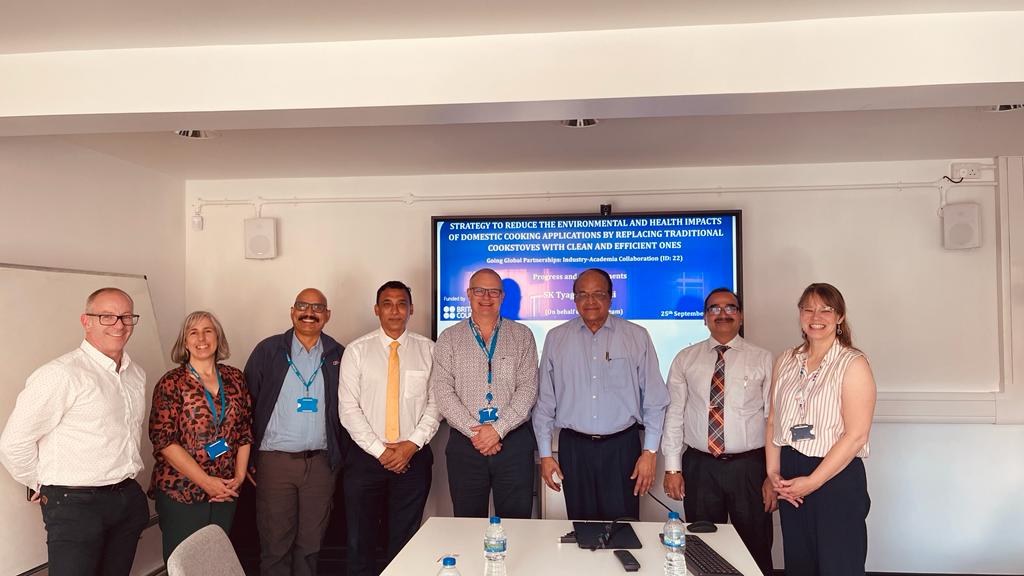- +44 7949 393386
- [email protected]
- Coventry University, CV1 5FB

Burning crops in an open field is a major reason for changing the atmospheric chemistry in the nearby locations. Many hazardous pollutants are emitted from this uncontrolled and low-efficiency combustion. Around 13% of global emissions from agro-residue burning are particularly from India, affecting many people’s lives yearly. More than 130 MT of agro-residue is subjected to in-situ burning annually in India. Also, the traditional cooking practice followed among rural communities across the globe with woody and unprocessed biomass in traditional cookstoves results in inefficient cooking, fuel wastage, and severe health hazards to the user by inhaling the smoke emitted from the cookstove. Thus, there is an urgent need to investigate these issues to utilise the waste biomass efficiently and protect the environment and people from the emissions of crop residue burning.
Using biomass for combustion is a carbon-neutral strategy, so a biomass-based clean combustion device could ensure the effective utilization of biomass feedstock and safeguard the health of people who rely on biomass-based cookstoves. This project is funded by the British Council UK, under Going Global Partnerships Industry Academia Collaborative Grant 2022-23 to catalyse joint collaborative research between India and UK. The proposed research aims to disseminate the already developed lab-scale biomass-based clean cookstove by IIT Delhi in the field with the help of industry for further investigations. The fuel used in the cookstove will be pellets made from the crop residue, thus ensuring efficient utilisation of the crop residues generated. The transition of a lab-scale cookstove to a commercial product demands industry support for optimization, scaling up and troubleshooting the cookstove based on the end users’ feedback. This project envisages providing new business avenues to the industry to upgrade their existing cookstove models, R&D support, testing and certification of the improved cookstove with the help of academia, generate local employment opportunities among the rural population by providing training to make the pellets from the agro-residue. Our academic partners, along with students, will play a major role in an unbiased assessment of quantifying the potential benefits of this research approach in terms of emission reduction, efficiency improvement in cooking, restoration potential of regional air quality earlier exposed to crop burning, evaluation of the economic burden of diseases with and without improved cookstove, and customizing the product design for large scale fabrication with the industrial collaborator.
Coventry University, Richard Crossman Building
Priory Street, CV1 5FB, Coventry
Office: +44 7949 393386
[email protected]
08 am – 06 pm Sunday closed